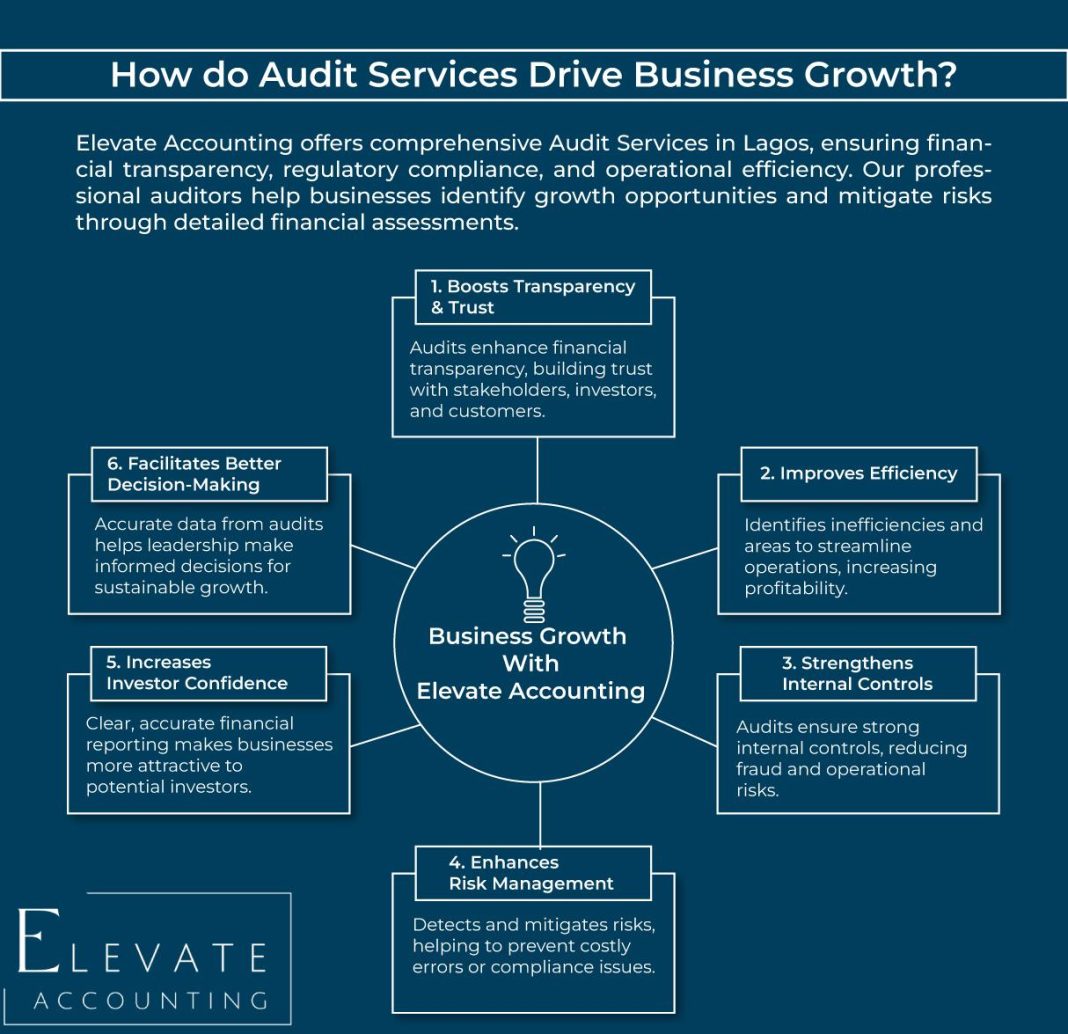In the labyrinthine world of finance, where fortunes are made and lost in the blink of an eye, one constant remains: the watchful gaze of regulatory bodies. These guardians of financial integrity stand as sentinels, ensuring that the intricate dance of capital flows remains within the bounds of law and ethics. For those navigating this complex terrain, the specter of regulatory sanctions looms large, a formidable force capable of dismantling reputations and eroding trust. Yet, for the astute and the prepared, these challenges are not insurmountable. In this guide, we unravel the tapestry of compliance, offering a roadmap to not only avoid the pitfalls of regulatory scrutiny but to thrive within its parameters. Embark on a journey through the corridors of financial regulation, where knowledge is your compass and diligence your shield, as we explore the art and science of steering clear of sanctions in the ever-evolving financial industry. Compliance Culture and Corporate Governance“>
Compliance Culture and Corporate Governance“>
Mastering Compliance Culture and Corporate Governance
In the intricate landscape of the financial industry, establishing a robust compliance culture is paramount to circumvent regulatory sanctions. Organizations must prioritize a proactive approach, embedding compliance into the very fabric of their operations. This involves cultivating an environment where adherence to laws and ethical standards is not just a mandate but a shared value. To achieve this, companies should focus on:
- Continuous Education: Implement regular training programs to keep employees informed about the latest regulatory requirements and ethical practices.
- Transparent Communication: Foster open lines of communication across all levels of the organization to ensure clarity and understanding of compliance expectations.
- Accountability Mechanisms: Establish clear accountability structures to ensure that every team member understands their role in maintaining compliance.
- Risk Assessment: Regularly conduct comprehensive risk assessments to identify potential compliance vulnerabilities and address them proactively.
Equally crucial is the enhancement of corporate governance frameworks. Effective governance is the backbone of compliance, guiding decision-making processes and ensuring that ethical considerations are at the forefront. Companies should strive to:
- Strengthen Board Oversight: Ensure that the board of directors is actively engaged in overseeing compliance efforts and is equipped with the necessary expertise.
- Implement Robust Policies: Develop and enforce policies that align with regulatory standards and promote ethical behavior throughout the organization.
- Leverage Technology: Utilize advanced compliance management systems to streamline processes and enhance monitoring capabilities.
By embedding these practices into the core of their operations, financial institutions can not only avoid regulatory sanctions but also build a reputation of trust and integrity in the industry.
Navigating Complex Regulatory Landscapes with Precision
In the ever-evolving financial sector, understanding and adhering to regulatory requirements is not just a necessity but a strategic imperative. To effectively mitigate the risk of sanctions, financial institutions must implement a robust compliance framework. This involves establishing a culture of compliance, where every employee is not only aware of the regulations but also understands their role in maintaining compliance. Training programs should be frequent and comprehensive, ensuring that all staff are updated on the latest regulatory changes and best practices. Furthermore, leveraging technology such as AI-driven compliance tools can significantly enhance your ability to monitor transactions and detect potential breaches before they escalate.
Another crucial element is the development of a proactive relationship with regulators. Engage regularly with regulatory bodies to stay ahead of upcoming changes and expectations. Transparency in operations and reporting can foster trust and reduce the likelihood of misunderstandings that could lead to sanctions. Additionally, maintaining an internal audit team that conducts regular checks and balances can help identify vulnerabilities within your compliance processes. By integrating these strategies, financial institutions can navigate the intricate regulatory landscapes with precision and confidence, safeguarding their reputation and ensuring sustainable growth.
Implementing Robust Risk Management Frameworks
In the fast-paced world of finance, where regulatory landscapes are constantly evolving, establishing a robust risk management framework is not just a best practice—it’s a necessity. Financial institutions must adopt a proactive approach to identify, assess, and mitigate risks that could lead to costly regulatory sanctions. A comprehensive framework should encompass several key elements:
- Risk Identification: Continuously monitor both internal and external environments to identify potential risks. This includes staying updated on regulatory changes and understanding their implications.
- Risk Assessment: Evaluate the likelihood and impact of identified risks. Prioritize them based on their potential to disrupt operations or lead to non-compliance.
- Risk Mitigation: Develop strategies to minimize the impact of risks. This may involve implementing new policies, enhancing existing controls, or investing in technology solutions.
- Continuous Monitoring: Establish mechanisms for ongoing monitoring and reporting. Regular audits and reviews ensure that the risk management framework remains effective and responsive to new challenges.
By embedding these elements into their operational DNA, financial institutions can not only safeguard themselves against regulatory penalties but also enhance their overall resilience and trustworthiness in the market.
Leveraging Technology for Proactive Compliance Monitoring
In today’s rapidly evolving financial landscape, staying ahead of regulatory requirements is not just an advantage but a necessity. Technology plays a pivotal role in ensuring that compliance monitoring is not only reactive but proactive. By leveraging advanced tools, financial institutions can identify potential compliance issues before they escalate into costly sanctions. Here are some key technologies transforming compliance monitoring:
- Artificial Intelligence and Machine Learning: These technologies enable real-time analysis of vast datasets, identifying patterns and anomalies that may indicate non-compliance.
- Blockchain Technology: Provides an immutable ledger that enhances transparency and traceability, crucial for audit trails and regulatory reporting.
- Robotic Process Automation (RPA): Automates repetitive compliance tasks, reducing human error and freeing up resources for more strategic activities.
- Cloud-Based Solutions: Offer scalable and flexible platforms for compliance data management, ensuring quick adaptation to regulatory changes.
By integrating these technologies, financial firms can shift from a reactive stance to a proactive compliance strategy, minimizing the risk of regulatory breaches and enhancing overall operational efficiency.





